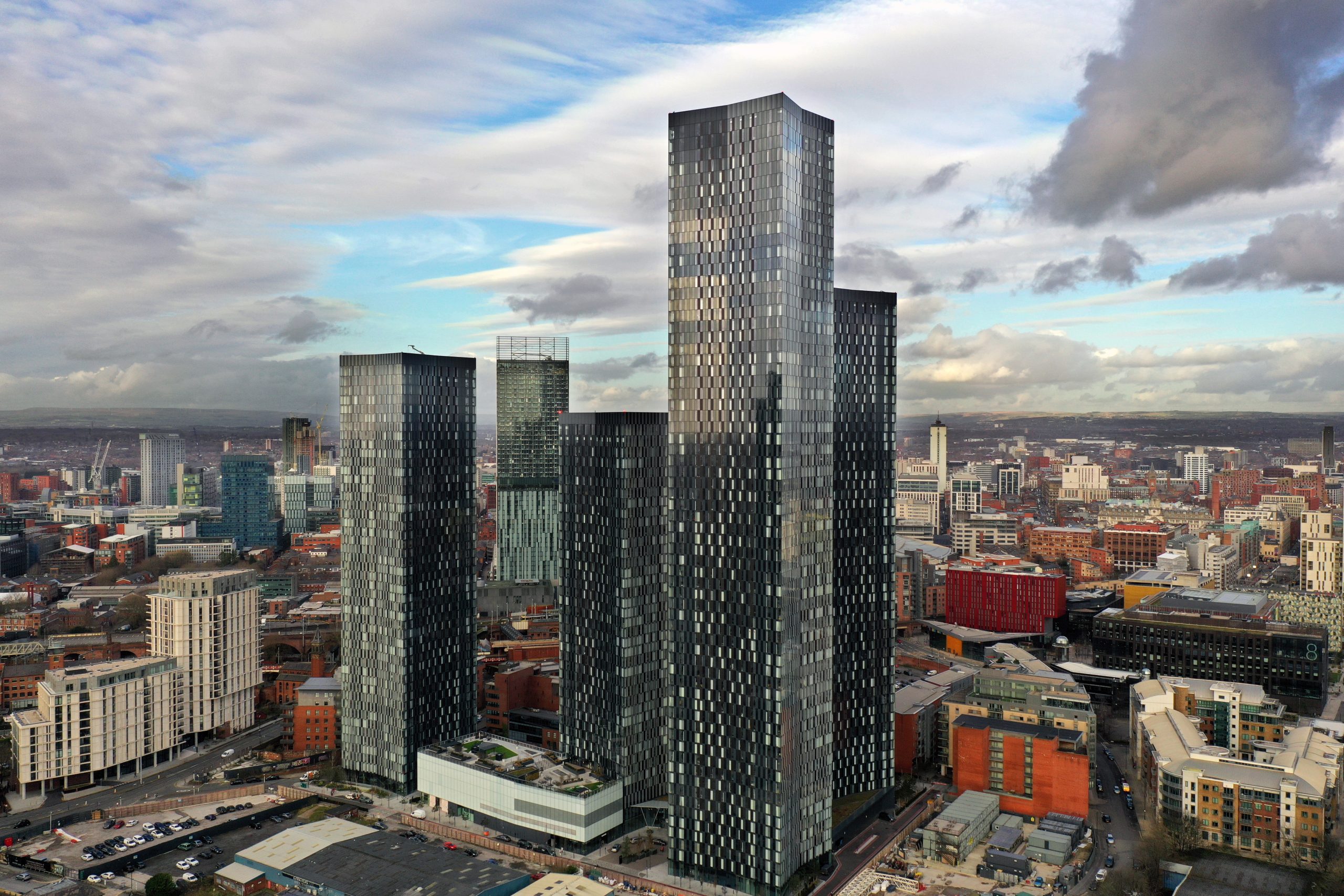Most landlords opt for a hands-off approach with a letting agent managing the day-to-day running of their properties. There are still things you’ll want to keep an eye on around repairs to protect you’re investment.
Here’s a guide to property maintenance and repair that every landlord should know.
Section 11 of the Landlord and Tenant Act 1985 sets out your legal repair and maintenance responsibilities: regardless of what you’ve put in your tenancy agreement.
This includes:
- Maintaining the structure & exterior of a property
- Inspect your roof to catch any damage that may worsen into a larger issue. Things like broken tiles, and broken guttering, and checking the area around the dormer. Removing moss is worth doing because it can hold water which can rot or crack tiles if it freezes in cold weather.
- Check for cracks in the walls or stains that may have been caused by a leak.
- Fixing or replacing damaged windows if it’s caused by wear and tear. If the damage is caused by a tenant, then they’ll be liable for the cost of repair.
- Landlords have a legal requirement to make sure the property can be kept at a minimum temperature of 18 degrees in sleeping rooms and 21 degrees in living rooms. Tenants are also required to always have access to hot water. Time should be taken to educate a tenant on how to manage the heating and hot water system.
- Gas checks are required by a Gas Safe Engineer every 12 months and supply a certificate. Whilst an electrical check is required every 5 years.
- In 2023, the government published guidance that damp and mould are down to the landlord to identify and address any underlying causes of the problem.
How often should you inspect your property?
Your tenant needs to let you know if there are any issues with your property and regular inspections can help you prevent any major issues down the line. It’s recommended to inspect the property every 6 to 12 months. You’ll need to inform the tenant with at least 24 hours’ notice and the visit needs to be within reasonable hours.
How much should you budget for maintenance?
In new build properties, the cost will be considerably less than in older properties. A recommended guide is to set aside either 10% of the annual rent or 1% of the property value each year (whichever is greater).
Are maintenance fees tax deductible?
Yes, maintenance fees and upkeep costs can be claimed as expenses associated with running a business.
How often should you redecorate and clean your property?
There isn’t a fixed time scale or legal requirement for how often you need to do either of these things. It’s always a good idea however to tend to paint walls, replace carpets, and other duties between tenancies. Most landlords aim to refresh their property around every 5 years.
Understanding and keeping on top of your responsibilities as a landlord while maintaining a respectful relationship with tenants will help you protect your investment.
While a managing agent would handle all these duties for a landlord, it is still worth knowing.



